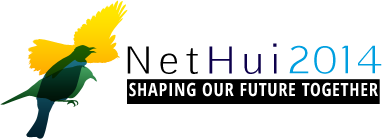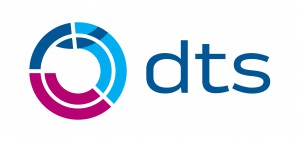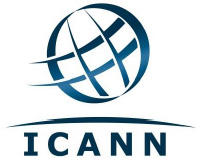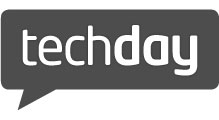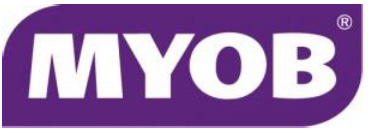Statement from the NetHui Youth Forum
The members of the NetHui Youth Forum make the following statements following a discussion of what young people would like to see from the internet in the next 25 years..
Preamble (ie: quick summary – relationship of youth to the internet – why others should listen)
We are a generation that have been raised in the digital era – and we know our futures are inextricably linked with the Internet and digital technology. We’ve always used the Internet as a source of information and education, and now it’s where we live our lives: the line between “online” and “offline”, already hard to distinguish, will only blur further as we carry out our careers and relationships online.
The recommendations we make are made with that in mind. We seek a Internet that provides the maximum opportunity for us in our educational, professional and personal lives.
There is a range of information online. We recognise the new power of crowdsourcing (eg wikipedia) and education (digital citizenship) to generate accuracy rather than traditional regulatory structures. We want to know the places to access trustworthy information.
We recognise that most interventions to improve the digital environment have a positive and negative impact.
We recognise that when we consider internet regulation – most things need to be balanced, such as freedom and protection. We have no interest in supporting business models that are no longer valid in the digital age. When we are talking about the internet, we have more questions than answers.
Therefore:
Net Neutrality: The internet should be open and accessible. We recognise the benefits of traffic prioritisation – but want it (prioritisation) to be transparent. We recommend regulatory oversight – rather than regulation – of Net Neutrality to protect small innovative organisations. We want to be free to share our views and opinions.
Education: We recommend increased investment in digital citizenship education to prepare New Zealanders for the challenges of the digital age. Teachers need the support to be able to teach digital literacy, but parents play a really important role too. Encourage employers and educators to understand the free and open relationship we have with the internet, and in particular social media.
Media literacy is a critical skill for Digital Citizens and should be delivered through the compulsory schooling system. It should be the fourth national standard. News and information should be freely available, but we are interested in a better way to process and consume the masses of online content at our leisure
Safety: We need to be creating resilient young people who understand the causes of and reactions to trolling – not creating artificial boundaries between online and offline life. Safety should be taught in all areas – not just crossing the road from an early age.
Accessibility: Everybody should be able to access all tools equally, especially in education. Providers and developers should be thinking about accessibility from the beginning – not tacking it on at the end.
The future: Education can come from the bottom up. We are already living our lives online and creating content – we need to continue exploring the tools that allow us to do that well. We need to be flexible in order to adapt to the challenges that will come our way.
